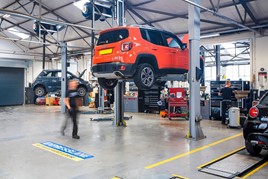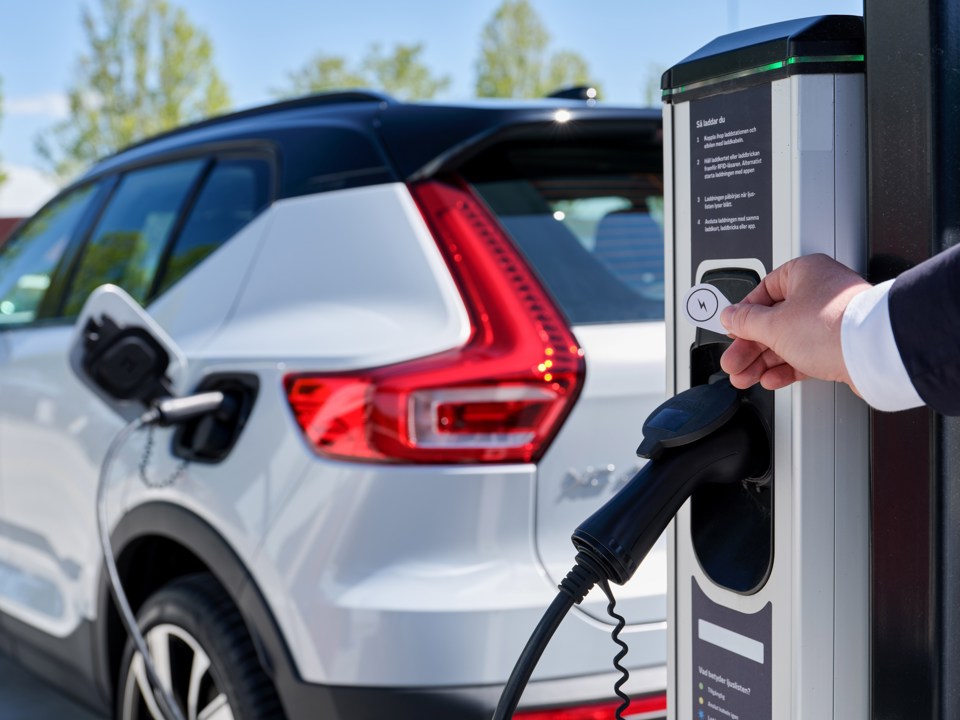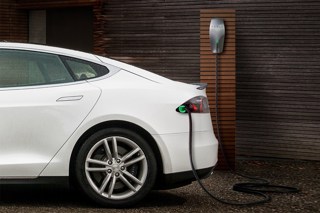Electric vehicles (EVs) are failing to show a clear advantage over petrol and diesel cars and vans when it comes to servicing, research by Epyx has found.
Epyx said that looking a family hatchback, a panel van and a large SUV – results are mixed when it comes to costs including tyres and repairs, the number of workshop visits needed, and time spent off-road due to mechanical or electrical problems.
The information is from Epyx, whose 1Link Service Network service, maintenance, and repair (SMR) platform is used to manage four million company cars, vans and trucks.
Charlie Brooks, strategy director at Epyx said: “It has been widely supposed that EVs will deliver uniform SMR benefits over petrol and diesel vehicles because they have fewer moving mechanical parts, minimising the likelihood of breakdown and requiring less routine maintenance. The data we have compiled shows that this is not always the case.
 “Broadly, while workshop costs for some EVs represent substantial savings over their petrol and diesel equivalents, this cannot be assumed. Also, the number of times that EVs visit garages for maintenance or repair and the amount of time they spend unavailable off road are consistently like petrol or diesel vehicles - and these servicing factors very much represent a substantial cost to businesses.”
“Broadly, while workshop costs for some EVs represent substantial savings over their petrol and diesel equivalents, this cannot be assumed. Also, the number of times that EVs visit garages for maintenance or repair and the amount of time they spend unavailable off road are consistently like petrol or diesel vehicles - and these servicing factors very much represent a substantial cost to businesses.”
Opinions seem mixed about the robustness of EVs, as two motor industry suppliers have come out with opposing claims about their MOT reliability based on their own data and observations.
The first example looks at a family hatchback over three years and 25-30,000 miles. The EV averaged 5.7 visits to service outlets against 5.0 for petrol, 3.2 days spent off road against 4.5, and had workshop servicing costs including tyres of £431 compared to £412.
Switching to an Epyx dataset of two-year-old vehicles with 20-30,000 miles allows a comparison of two large SUVs, one petrol and one a purpose-built EV from one manufacturer, Epyx said.
The EV saves £645 on workshop costs against £996 and delivers figures of 3.4 days off road, beating the petrol version at 4.9. However, the number of service visits needed are comparable at 4.1 against 4.0.
Epyx said better results for electric power can be seen when comparing a model of van that is available in both battery and diesel versions over three years and 25-30,000 miles.
The EV figures are 5.7 service visits compared to 5.0 for the diesel and 2.2 days spent off road against 2.9. Finally, its workshop costs of £239 are less than half that of the diesel at £522.
Brooks added: “What the data doesn’t tell us at this stage is why this is the case. There could be good reasons. For example, EVs remain a relatively new technology when operated on a large scale, and what we are seeing could be teething problems that may range from workshops being unfamiliar with these types of vehicles through to parts not being readily available.” 
He added that caveats must be applied to Epyx’s data in terms of the information available on 1Link Service Network, as there remain few EVs of relevant ages and mileages. For the comparisons quoted, there are only around 170 vehicles in total, said Epyx.
“However, this does remain probably the largest real world EV dataset of its kind available and is possibly the best quality information made public so far,” Brooks said.
“It shows, perhaps surprisingly, that the emerging picture is much more mixed than might be expected.
“The bottom line at this stage is that fleet managers should not automatically believe that, in adopting EVs, they are going to see SMR benefits with every model. That situation may well change over time, but these comparisons show that we are not there yet.”
Data from Epyx shows that a lower proportion of EVs return to the franchised dealer network than equivalent petrol and diesel models.
The company said it plans to make further data available publicly as the number of EVs on 1Link Service Network increases.
Brooks said: “Fleet adoption of EVs is increasing exponentially and the amount of relevant data we have on the platform is increasing month-by-month.
“We should soon be in a position to produce much richer comparisons as we progress towards a more definitive picture of how fleet EV SMR is shaping up in the real world.”






















Login to comment
Comments
No comments have been made yet.